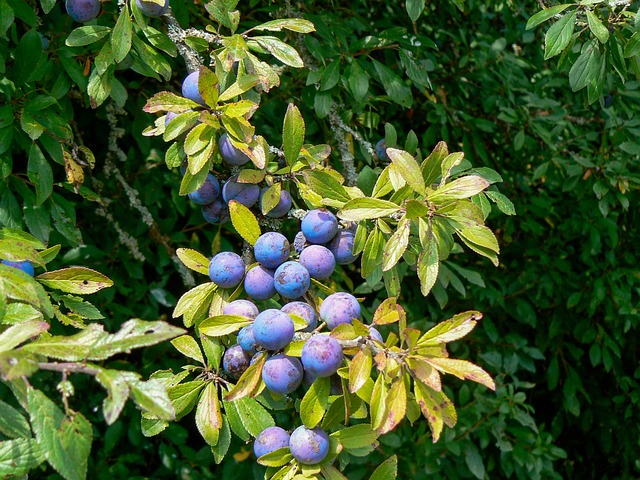October 15, 2019
By Lynda Kiernan
Agriculture Capital has released its third annual Impact Report, outlining the continued positive impact its regenerative farming practices are having on the environment, economy, and labor force, while also generating favorable financial returns.
“As our business has evolved, we’ve grown to view risk as opportunities with the recognition that activities that create positive social and environmental impact can ultimately deliver increased performance and return to our investors,” said Agriculture Capital in its latest report.
Based in Portland, Oregon, Agriculture Capital invests in vertically integrated permanent crop operations, building out a portfolio including more than 18,500 acres of table grapes, blueberries, hazelnuts, and citrus orchards in California, Oregon, and Australia. It also holds synergistic midstream assets to round out an enterprise that cultivates, packs, and markets high-value produce.
Building upon the foundation of responsible management outlined in its two previous reports, Agriculture Capital frames its continued progress and accomplishments in its 2019 report in alignment with the 17 United Nations Sustainable Development Goals, several of the Project Drawdown climate stability solutions, and the United Nations’ Principles for Responsible Investment.
“With our third impact report, we humbly continue our efforts to tell the growing story of how a regenerative food system can support people, ecosystems, and the future of business,” said Wood Turner, senior vice president of Agriculture Capital. “We are committed to being transparent about the opportunities created by focusing on positive impact and advancing a larger conversation about the real value of purposeful investing.”
Using data sourced during 2018, Tacoma, Washington-based Earth Economics completed a limited scope evaluation of key regenerative practices including cover cropping, no-till hedgerow planting, and natural area protection on three of Agriculture Capital’s farms, quantifying and projecting a net present value in ecosystem services totaling in the millions of dollars over the next decade in the form of soil health, water quality, and pest control.
Analyzing the key benchmarks reflecting water use, soil health, energy use, pollinator and beneficial insect health, plastic reduction, waste, chemical use, and community and workforce support, the data evaluated and quantified in Agriculture Capital’s 2019 Impact Report demonstrates how the firm’s management of its farms is positively impacting the planet and human health.
The report includes findings of a 69 percent improvement in energy efficiency and a 30 percent improvement in water efficiency in citrus packing from 2017 to 2018, and a 21 percent improvement in energy efficiency across Agriculture Capital’s citrus business, including its farms, nursery, and facilities over the prior year’s results.
“In agriculture and food, we sit at the nexus of water, energy, and climate, and while these each present critical risks to manage – whether through shortage, surplus, cost, or business disruption – they also provide opportunities for value creation,” notes the report.
The company also reports a 232 percent increase in total wild pollinators observed to be present between 2016 and 2018 on its Oregon-area blueberry farms, stemming from the planting of native hedgerows and meadows, and the restoration of healthy habitat zones around its farms. The use of weed matting has also reduced the use of crop protectants and sprays by half, while electrostatic technology has enabled highly precise application, eliminating overuse and waste.
“We are motivated by evidence that wild bee and other native pollinator activity can boost harvest yields, reduce farming expenses and reliance on contract pollinator services, and improve soil and overall ecosystem health,” said Agriculture Capital.
For a deeper dive into how Agriculture Capital’s regenerative farm management and operational methods are having a positive impact, you can access the full report here.
– Lynda Kiernan is Editor with GAI Media and daily contributor to GAI News. If you would like to submit a contribution for consideration, please contact Ms. Kiernan at lkiernan@globalaginvesting.com

Let GAI News inform your engagement in the agriculture sector.
GAI News provides crucial and timely news and insight to help you stay ahead of critical agricultural trends through free delivery of two weekly newsletters, Ag Investing Weekly and AgTech Intel.




